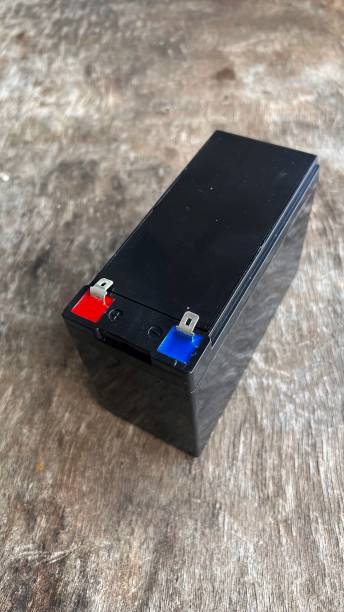A UPS (uninterruptible power supply) is an electrical device that provides emergency power to critical equipment during a power outage or failure. UPS batteries are a crucial component of a UPS system, as they store and deliver the power necessary to keep your equipment running until power is restored. However, knowing which is best for your needs can take time and effort with so many different types of batteries on the market. This article will discuss the different types of UPS systems and help you choose the one that is right for you.
Types of UPS Batteries
Lead-Acid Batteries
These batteries are the most commonly used in UPS systems. They are reliable, affordable, and can provide much power for their size. These batteries are available in two types: flooded and sealed.
Flooded lead-acid batteries are the traditional type of lead-acid batteries, and they need routine upkeep to keep them operating correctly. Alternatively, sealed batteries are maintenance-free and do not require additional water. They are more expensive than flooded batteries but are more reliable and easier to use.
Lithium-Ion Batteries
Lithium-ion batteries are a relatively new type of battery that has become increasingly popular in UPS systems in recent years. They are more expensive than lead-acid ones but offer several advantages over their older counterparts.
One of the main advantages of these batteries is their lifespan. They can last up to ten years or more, two to three times longer than lead-acid ones. These batteries are lighter and more compact than lead-acid ones, making them an excellent choice for limited space.
Nickel-Cadmium Batteries
Nickel-cadmium batteries, also known as Ni-Cad batteries, are rechargeable batteries that have been around for several decades. They are reliable, durable, and can provide much power, making them an excellent choice for UPS systems.
One of the main advantages of Ni-Cad batteries is their durability. They can last up to twenty years or more, much longer than lead-acid ones. Ni-Cad batteries are also more resistant to temperature changes than lithium-ion ones, which can withstand extreme temperatures without damage.
Which UPS Battery is Best for You?
Here are some factors to consider when selecting the best battery for your needs:
Power Requirements
The power you need is crucial in determining the best UPS system. A lead-acid battery might be the best option if you need much power. However, a lithium-ion battery might be the better choice if you need a more energy-efficient option to provide the same amount of energy with less energy.
Application
The application you are using the UPS system for is also an essential factor to consider. A lead-acid battery might be the best option if you need a data centre or hospital battery due to its cost-effectiveness and power. However, if you need a battery for a green application, such as a solar-powered system, a lithium-ion battery might be a better choice due to its energy efficiency.
Budget
Your budget is another critical factor when choosing a UPS system. Lead-acid ones are the most cost-effective option but have a shorter lifespan than lithium-ion ones. Lithium-ion ones might be the better choice if you have a larger budget and want a UPS battery that will last longer and require less maintenance.
Conclusion
Choosing the proper UPS batteries depends on several factors. Lead-acid ones are the most cost-effective option and are an excellent choice for applications that require a lot of power. Lithium-ion ones are more expensive but offer several advantages. Nickel-cadmium batteries are durable but less energy-efficient and more expensive than lead-acid ones. Ultimately, the best UPS battery for you will depend on your specific needs and budget.









